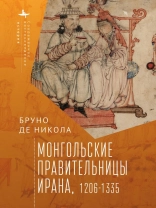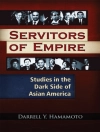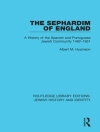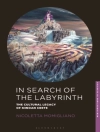Bruno De Nicola investigates the development of women’s status in the Mongol Empire from its original homeland in Mongolia up to the end of the Ilkhanate of Iran in 1335. Taking a thematic approach, the chapters show a coherent progression of this development and contextualise the evolution of the role of women in medieval Mongol society. The arrangement serves as a starting point from where to draw comparison with the status of Mongol women in the later period. Exploring patterns of continuity and transformation in the status of these women in different periods of the Mongol Empire as it expanded westwards into the Islamic world, the book offers a view on the transformation of a nomadic-shamanist society from its original homeland in Mongolia to its settlement in the mostly sedentary-Muslim Iran in the mid-13th century.
About the author
Bruno De Nicola (BA Barcelona, MA London, Ph D. Cantab.) is Lecturer in the History of the Middle East at Goldsmiths College (University of London). He combines this position with an affiliation to the Institut für Iranistik (Österreichische Akademie der Wissenschaften) in Vienna (Austria). Previously he has been part of the ERC funded project “The Islamisation of Anatolia, c. 1100-1500” (grant number 284076) based at the University of St. Andrews and Project Curator of Persian Manuscripts at the British Library (London). His main area of research is the history of the Mongol Empire, medieval Middle Eastern history and Islamic manuscripts.












